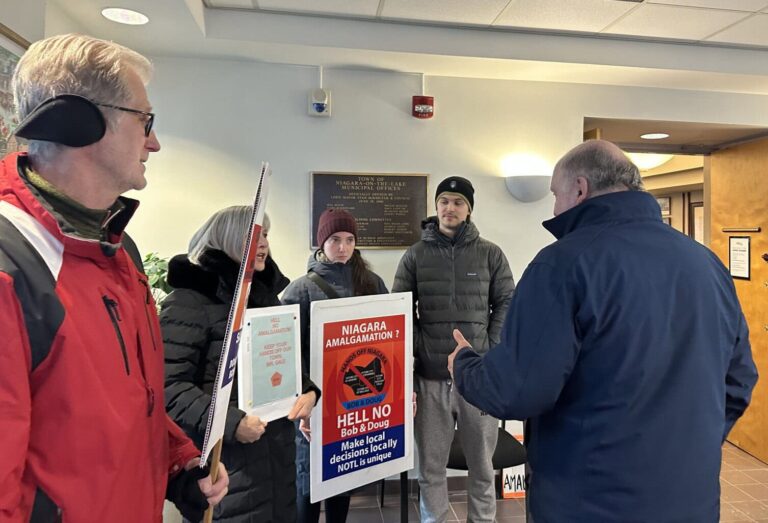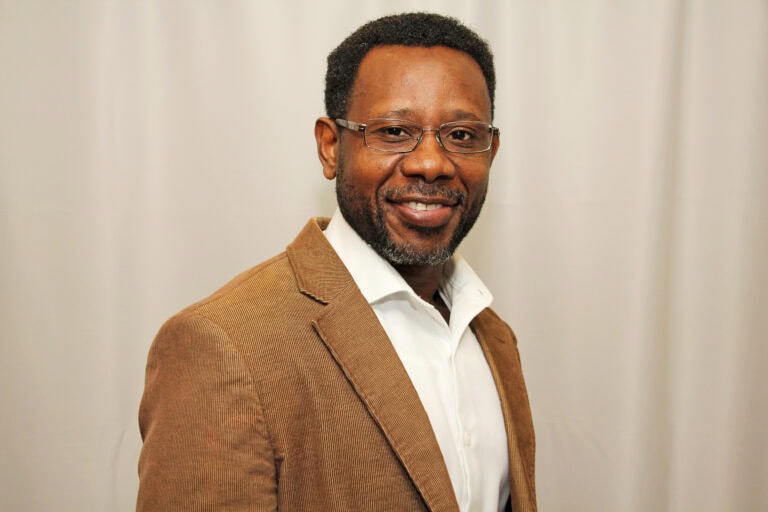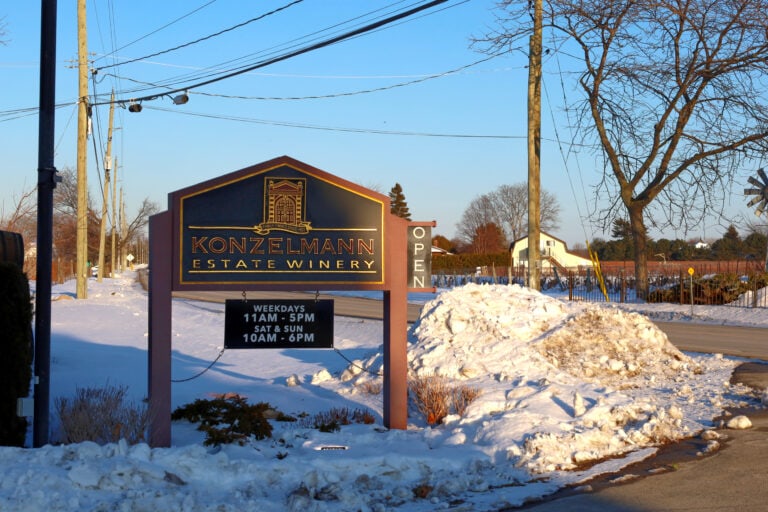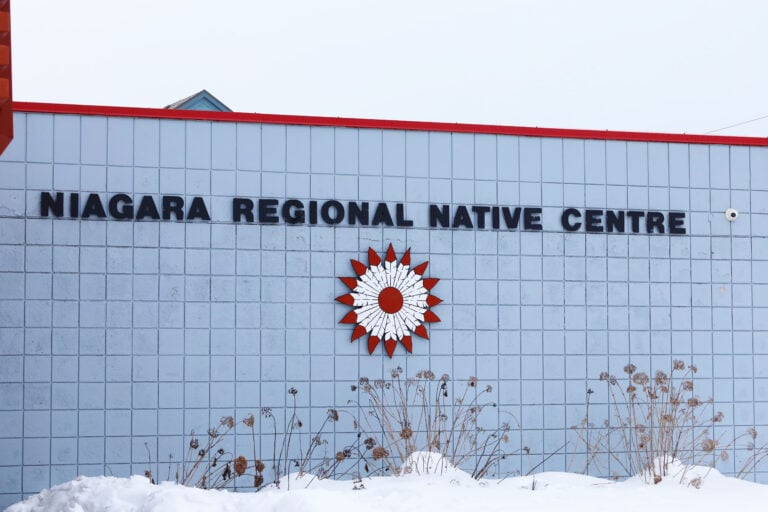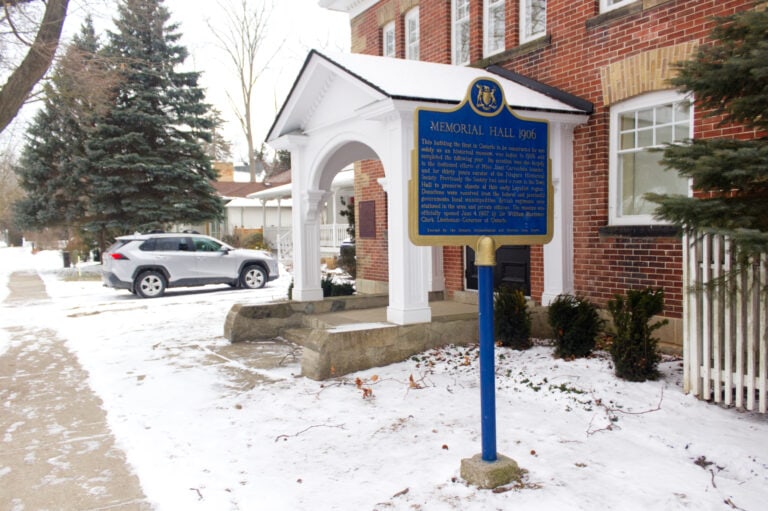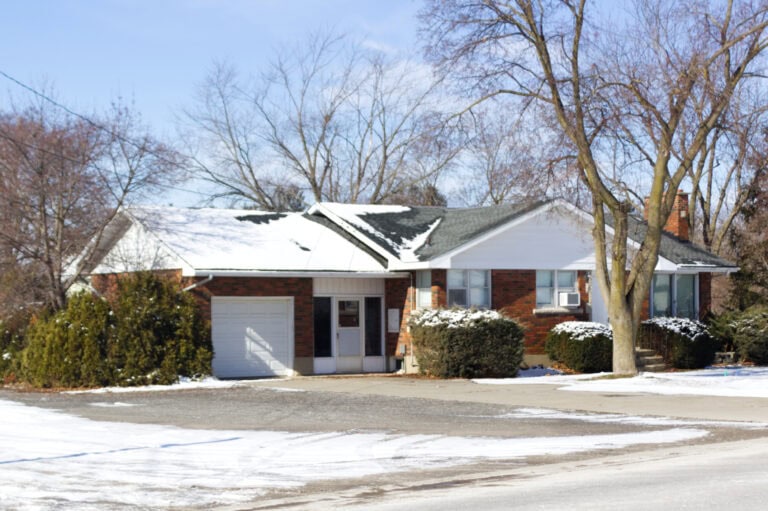Starting next fall, garbage across Niagara Region will be picked up by two different waste collection companies.
Miller Waste Systems Inc. will be collecting garbage in Niagara-on-the-Lake, Fort Erie, Niagara Falls, Port Colborne, St. Catharines and Welland.
GFL Environmental Inc. will be responsible for waste collection in Grimsby, Lincoln, Pelham, Thorold, Wainfleet and West Lincoln.
The decision was made at the regional council meeting Nov. 14. The new waste collection contract, starting on Oct. 19, 2020, will now be split into two areas.
The region currently has a contract with Emterra Environmental.
“I’m very hopeful that this company that will be collecting in Niagara-on-the-Lake has the experience required and resources required to do a good job. That’s all I hope for any contract,” Lord Mayor Betty Disero told The Lake Report.
Regional council also has approved biweekly garbage collection starting next fall. Recycling and organic waste will still be picked up weekly.
The main drive behind the change to alternate week garbage pickup is to encourage more frequent use of the green bin to recycle organics, such as food leftovers.
The region’s 2015-16 seasonal audit showed that the average garbage container across the region has 50 per cent organic material, 14 per cent recyclable items and 36 per cent garbage.
By switching to the every-other-week collection, the region can hit its target goal of diverting 65 per cent of waste from landfills, regional staff said in a report to council.
Last year, the diversion rate was 56 per cent.
The new garbage contract’s request for proposal contained three levels of service: base, enhanced and optional services, according to a statement from the region.
The base service is available for all eligible low-density residential properties, multi-residential, industrial, commercial, institutional and mixed-use developments.
Enhanced service includes public space litter bin and recycling bin collection, containerized garbage collection and additional curbside collection of garbage, recycling and organics in downtown business areas.
All 12 Niagara area municipalities will also be able to choose their preferred enhanced services, which will not be part of the overall regional contract.
In NOTL, enhanced services are mainly used on Queen Street because it is “much busier” than a residential street, Disero said.
“So, Queen Street businesses pay extra for that enhanced service,” she said. “I suspect the only enhanced service we will continue to have is the collection on Queen Street.”
Since Niagara residents learned about the change in garbage collection, concerns regarding diapers and medical waste have been expressed.
The region currently provides exemptions for people with medical conditions and for household with two or more children under the age of four.
If a household has two children under the age of four in diapers, the region allows them to apply for exemption and have one clear bag.
For households with more than two children, two clear bags are allowed.
Diapers should be placed in clear bags, with no other garbage in the bag, according to the region’s website.
If approved, daycares operating out of a residential property can put out two clear bags of diapers weekly, in addition to the one garbage bag or can.
Residents with medical conditions wishing to be exempt from a weekly one garbage bag limit must provide certification from a physician. If approved, they will receive a one-year supply of tags for their extra garbage.
Old Town resident Ashley Robertson has two children under the age of two. Her son Maverick will turn two next week, and her daughter Lennon will be one in December.
As a busy household with two youngsters, Robertson said they sometimes miss the garbage collection day, which leaves the family with an “overflowing” bag full of garbage.
“I can’t imagine what it would be like in the summer when we do get our garbage out there and you got diapers sitting in the heat,” Robertson said. “That’s going to create an awful smell for the town itself.”
Each of her children uses at least 10 diapers a day, she said.
Disero said she has concerns about diapers as well and some municipalities, like Toronto, accept diapers in green bins.
“If you’re going to leave diapers in a regular black bag, that to me doesn’t make sense,” Disero said. “And it stinks.”
One of Disero’s ideas was to have a service similar to a drop-off or pick-up that might help residents with children in diapers.
She said she asked regional staff to come back to council with a report regarding the weekly collection of diapers and medical waste, including implementation initiatives and costs.
“I think it’s part of our basic responsibility and I would be very supportive in spending that regional money to collect diapers and medical waste. To me, it doesn’t make sense to leave it in a black bag,” Disero said.
Robertson said having a drop-off site wouldn’t be convenient for families with one vehicle.
“If someone is working, then who is bringing the diapers to the drop-off site? There are families who don’t have vehicles and moved to Niagara-on-the-Lake because of accessibility.”
The facility at Walker Environmental, which processes green bin waste as part of its contract with the region, doesn’t have the technology to be able to accept diapers in green bins, said Niagara Region’s acting manager of collection and diversion operations, Sherri Tait.
“People will adjust and get used to it, change is hard,” Tait said in an interview. “Once they get used to it, it will drive all of that organic that we see in the garbage stream into the organics, into the green bin.”
To adopt new technology capable of processing diapers would require “significant capital costs,” Tait said, and the region doesn’t produce enough waste to make it economically feasible.
In 2017, the total solid waste generated in the region was 201,273 tonnes, 57 per cent of which was recycled and 43 per cent consisted of disposed waste.
Tait also noted the total cost to build a facility similar to the Durham York Energy Centre, which is used for processing waste in Durham Region, could be huge. In Durham, it cost $295 million.



.jpg)

